Former Prime Minister Raila Amolo Odinga, affectionately known to millions as Baba, has died at the age of 80 while undergoing Ayurvedic treatment in Kerala, India. His death, confirmed on Wednesday morning, marks the end of one of the most defining political journeys in Kenya’s history, one that spanned struggle, resilience, and an unwavering fight for democracy.
Odinga reportedly succumbed to cardiac arrest, according to Indian and Kenyan sources. His passing has sent shockwaves across Kenya and beyond, drawing tributes from presidents, opposition leaders, and ordinary citizens whose lives he touched in ways both personal and political.
To write about Raila Odinga is to tell the story of Kenya itself of its turbulent transitions, its political awakenings, and its relentless pursuit of freedom. The son of Kenya’s first Vice President, Jaramogi Oginga Odinga, Raila’s life was a mirror of his father’s conviction that political power must always answer to the people.
From detention without trial during the Moi era to leading the fight for multiparty democracy in the 1990s, Odinga’s courage redefined opposition politics in Kenya. His name became synonymous with reform and for many, resistance.
Five times he ran for president, and five times he fell short. Yet, even in defeat, he remained the moral compass of a divided nation the leader who refused to be silenced and the man whose slogan, “Tinga Tinga, Baba While You Were Away,” became the anthem of hope for generations.
That Odinga took his final breath far from home, in a quiet Indian hospital, far from the rallies and chants feels symbolic. A man who lived in motion, forever chasing justice, equality, and reform, has finally come to rest.
Yet his passing does not close his chapter. Instead, it reopens a national conversation about what he stood for and whether Kenya has lived up to the ideals he sacrificed so much for.
His voice, once booming from podiums and stadiums, now echoes as a challenge: What becomes of the struggle when its most relentless soldier is gone?
To his supporters, he was not merely a politician, he was a movement. To his opponents, he was a formidable rival. To Kenya, he was a paradox a revolutionary with a statesman’s patience, a challenger who could also shake hands with his adversaries in the name of peace.
Even those who disagreed with his politics rarely questioned his conviction. His humility in defeat, his ability to forgive, and his insistence that democracy must evolve defined him beyond the ballot.
Odinga’s death leaves a vacuum not only in the opposition but in Kenya’s collective conscience. His ODM party, his supporters, and indeed the nation, must now grapple with the question of succession both politically and ideologically.
Will Baba’s dream of a just, inclusive Kenya outlive him? Or will it fade with his absence? That answer may shape the next chapter of Kenya’s democracy.As the nation mourns, one truth remains clear.
Raila Amolo Odinga may have fallen silent, but the movement he built and the spirit he embodied will continue to speak in the hearts of those who still believe that Kenya’s best days are ahead.

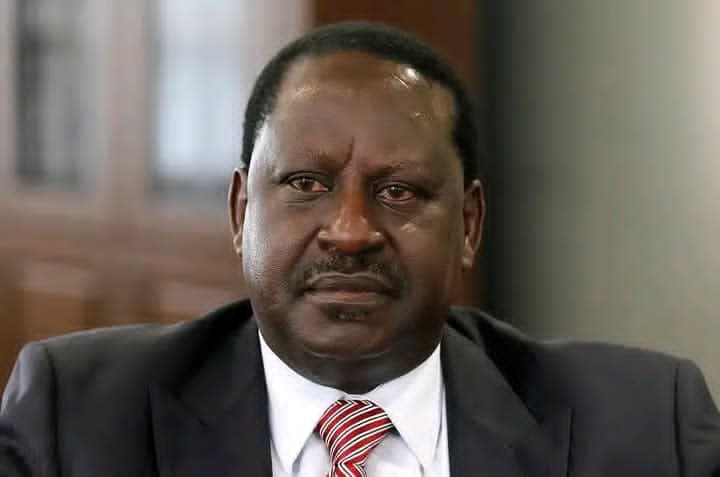
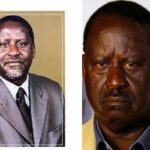



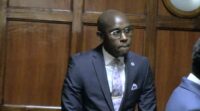
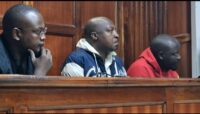


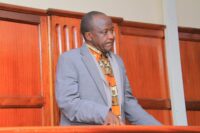




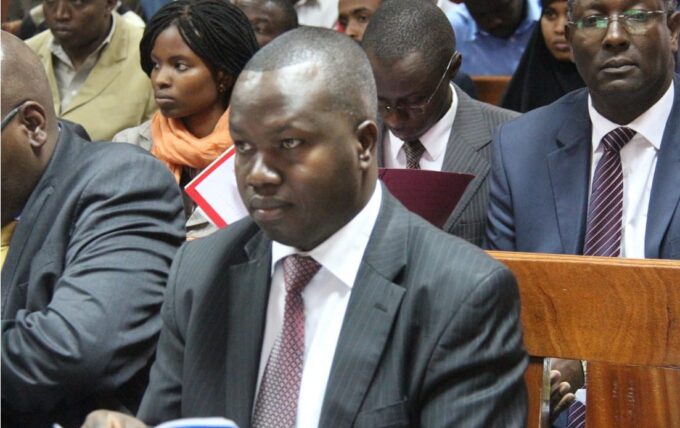
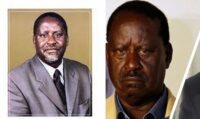
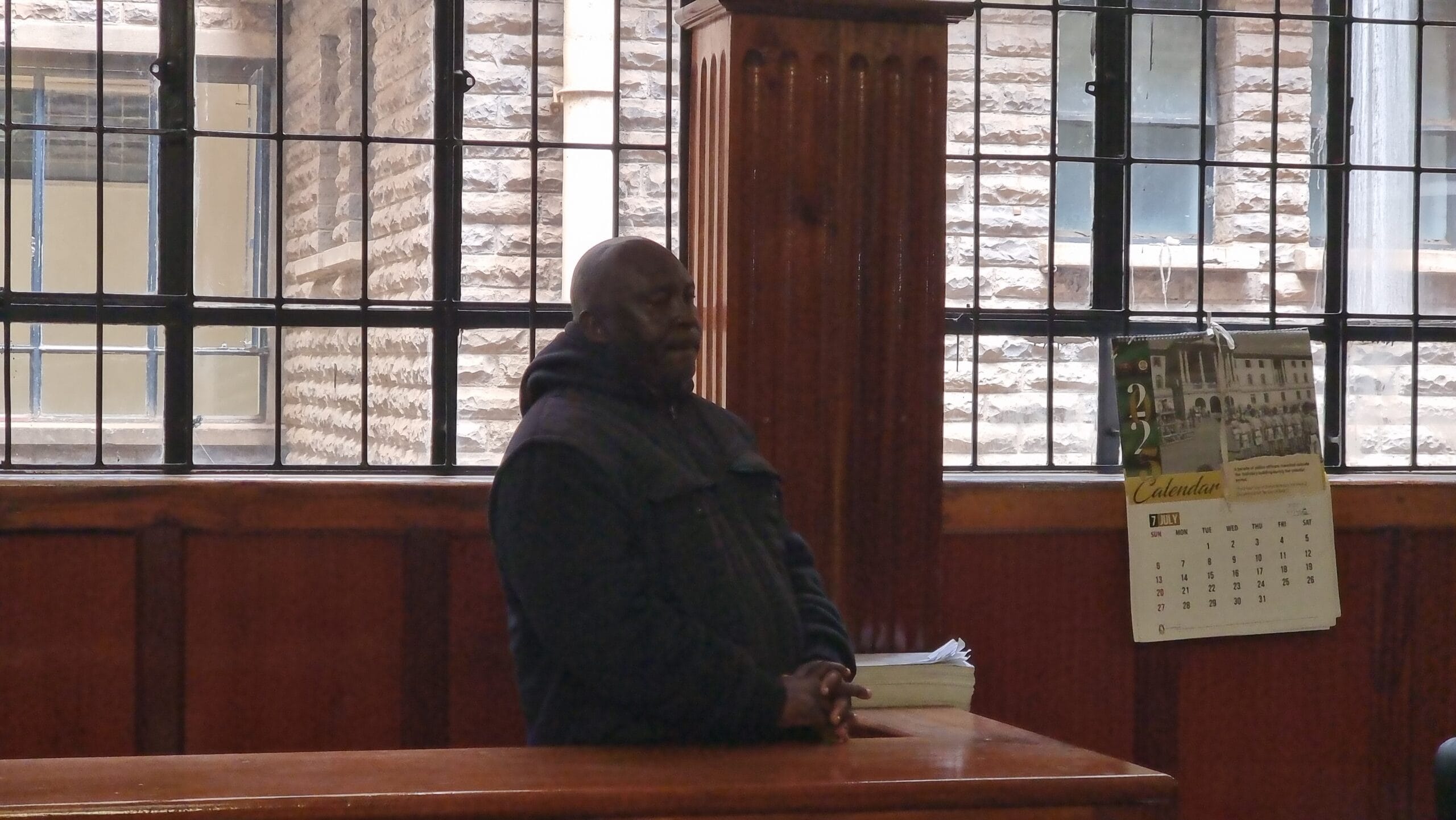

Leave a comment